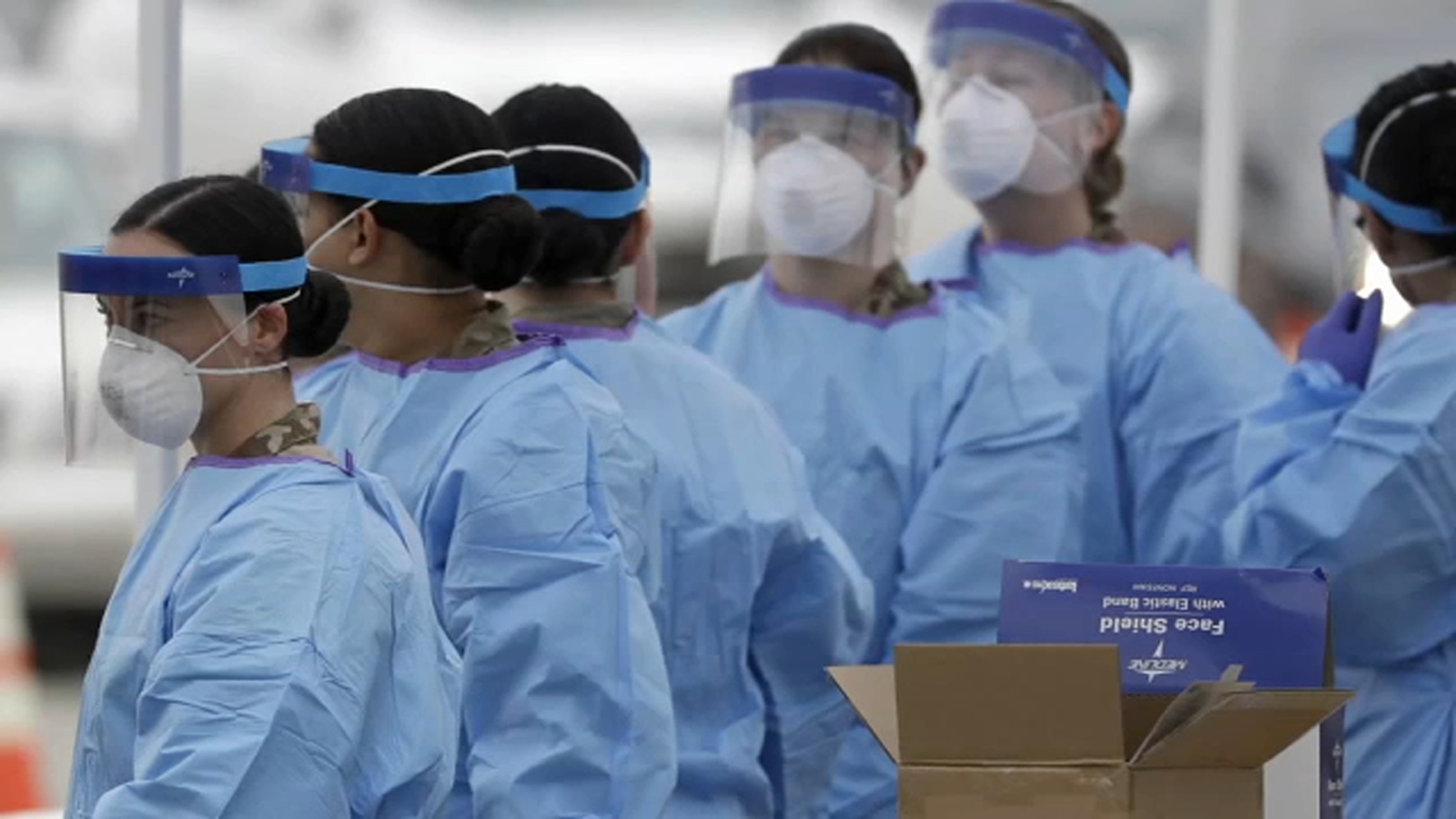
Crisis response to COVID-19 will not be a 100-metre sprint
The coronavirus pandemic has spotlighted the vital work of nurses and frontline health and humanitarian workers. Never acknowledged during easy times, health and humanitarian workers are often defined for their courage and compassion while working on the frontline of a crisis. This is what elevates them to superheroes.

The coronavirus (COVID-19) pandemic has spotlighted the vital work of nurses and frontline health and humanitarian workers. Never acknowledged during easy times, health and humanitarian workers are often defined for their courage and compassion while working on the frontline of a crisis. This is what elevates them to superheroes.
For every reported heroic act of a nurse or a paramedic during this pandemic or any humanitarian crisis, there are several unreported stories.
Meet Shorouq, my colleague in War Child who works in occupied Palestinian territory – (territories occupied by Israel since 1967). Very simple and ordinary with three children, she provides basic counselling and psychosocial support for people impacted by the conflict and violence. It is a lifeline in the remote villages of the Jordan Valley in the West Bank.
Today, with the lockdown in the West Bank due to COVID-19, Shorouq’s movements are further restricted. She works from home undeterred. Her vital counselling sessions are now through WhatsApp and phone calls. She uses such conversations also for increasing awareness about coronavirus. Shorouq goes the extra mile on a road she has never travelled earlier, at a speed never imagined before.
When the Rohingya refugee crisis was at its peak, I met Rimjhim during an assignment in Bangladesh’s Cox’s Bazar. An unexpected turn of events in life and witnessing the suffering of refugee children was the turning point for Rimjhim.
“I never imagined working in a refugee camp,” Rimjhim told me. She graduated as a nurse in early 2018 and her first job was at the health centre run by Save The Children.
“I have seen enough suffering here. My work here means a lot to the children and to me.” Here was Rimjhim starting her nursing career looking a crisis straight in the eye.
Related news: COVID-19 death toll goes up to 149; 35 deaths in 24 hours
The work of health and humanitarian workers such as Rimjhim and Shorouq often make the difference between life and death in crisis settings.
Two words – compassion and courage – sum up the key traits of Shorouq, Rimjim and the many health and humanitarian workers who are the frontliners in a pandemic or humanitarian crisis. The world is a far better place thanks to the dedicated services and unflinching hope of such workers.
Putting compassion and humanity first
The coronavirus has affected entire humanity with no prejudice. However, one major concern is the catastrophic impacts of the pandemic when it strikes with its full lethal force in war zones, refugee settings and over-crowded slums.
Consider South Sudan. COVID-19 has just made its entry. Years of war and violent conflict have dismantled the health services in South Sudan. Here, for every 65,000 people there is only one doctor. The country with 11 million people currently has only four ventilators. In the UK, for every 350 people there is one doctor. And yet, despite having one of the world’s best public health systems, the world recently witnessed its bitter struggle to cope with this virus.
This crisis response is not going to be a 100 metre-sprint. In addition to the life saving medical assistance, it is necessary to address the needs that are often invisible in such settings – the mental health and psychosocial needs. Jobs, proper hygiene, sanitation and education are often the best boosters of dignity and hope in such settings.
The pandemic does not discriminate and has no social preferences. Similar should be the decisions to tackle it, with no prejudice.
A compassionate approach based on universal human values and humanitarian principles – namely humanity (i.e. human suffering must be addressed wherever it is found), neutrality (not take sides in hostilities), impartiality (humanitarian action must be carried out on the basis of need alone, giving priority to the most urgent cases of distress and making no distinctions on the basis of nationality, race, gender, religious belief, class or political opinions), independence (humanitarian action must be autonomous) – should be the only guiding spirit.
Prioritising the most vulnerable – elderly people, women and children who are lost or have been separated from their family – and protecting refugee settings should be at the heart of the COVID-19 response.
Beyond borders
With 184 countries affected, half of humanity is now under lockdown. This crisis has made geography history. With each passing day, more countries make it to the list.
Related news: Trump makes U-turn, lauds India over hydroxychloroquine stand
We live in unusual times where physical distancing between people is key for survival. Yet the urgent need of the hour is to be united in spirit and in solidarity with neighbors, communities and nations. We have to fight this crisis together for all or we lose.
There is no midway.
A crisis is not just a mirror reflecting reality. It is a chisel to shape the future. Earthquakes taught us earlier a simple lesson: Earthquakes don’t kill people. Bad construction and unsafe buildings or schools do. To withstand the shock of an epidemic or pandemic, and to ensure that the coronavirus pandemic is relegated to history, we need to make Universal Health Care a reality.
The pandemic has taught us there is only one humanity; the world is only as strong as the weakest and the most vulnerable amongst us. The single large picture is to leave no one behind.
(Dr Unni Krishnan is Humanitarian Director, War Child, a humanitarian agency that works with children in wars and conflict settings. War Child believes that no child should be part of war. Ever.)

